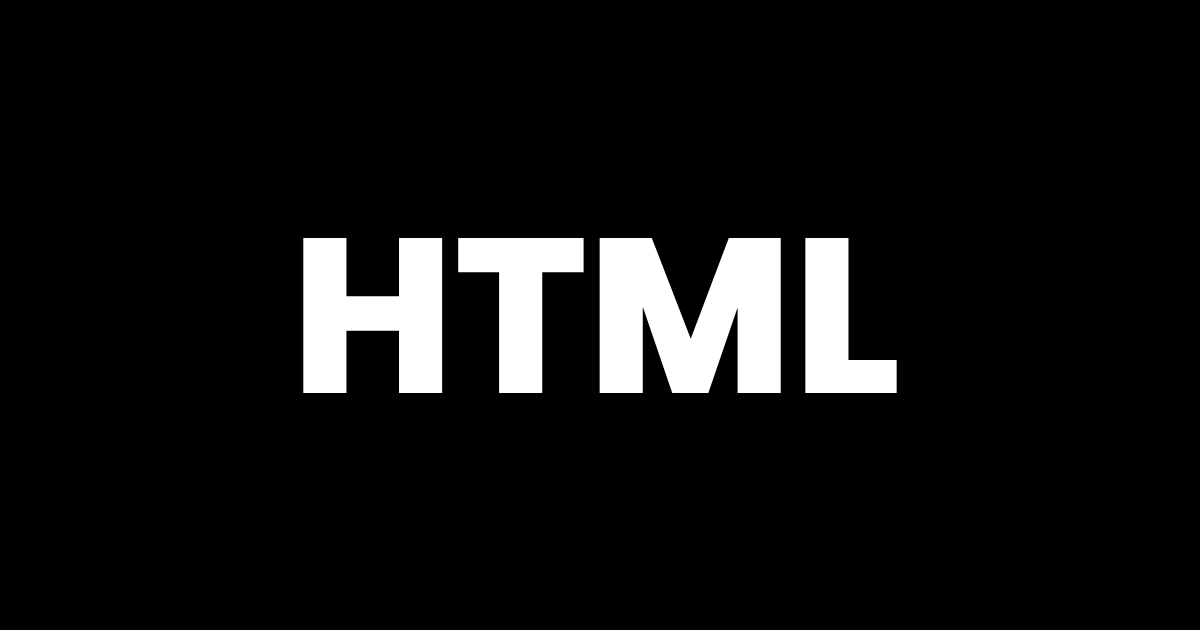HTML Comments
HTML comments are a valuable feature that allows web developers to add notes and explanations within their code.

HTML comments are a valuable feature that allows web developers to add notes and explanations within their code. Comments serve as non-executable lines of text that provide insights, instructions, or reminders. In this article, we will explore the significance of HTML comments and how they contribute to code clarity, collaboration, and development efficiency.
The Purpose of HTML Comments
HTML comments serve multiple purposes in web development. They allow developers to:
Add Explanatory Notes
Comments provide an opportunity to clarify the purpose or functionality of specific code snippets. Developers can use comments to describe the intention behind their code, making it easier for others (including themselves) to understand and maintain the code in the future.
Temporarily Disable Code
Comments enable developers to quickly deactivate sections of code without removing them entirely. This is useful for troubleshooting or testing purposes, allowing developers to isolate problematic code or experiment with alternative solutions.
Communicate with Team Members
HTML comments facilitate effective collaboration among developers working on the same project. They can be used to provide context, update team members on progress, or suggest improvements. Comments act as a communication channel within the code itself, making it easier for teams to coordinate and exchange information.
<!-- This section of code generates dynamic content based on user preferences -->
<div class="dynamic-content">
<!-- Code for generating dynamic content goes here -->
</div>
<!-- TODO: Refactor this code to improve performance -->
<!-- This block calculates the total revenue based on sales data -->
<div class="revenue-calculation">
<!-- Code for calculating revenue goes here -->
</div>
Enhancing Code Clarity
HTML comments play a crucial role in improving the clarity and readability of code. By providing explanations and contextual information, comments make code easier to understand, especially for developers who are new to a project or revisiting the code after an extended period. Well-placed comments can save time and effort by eliminating confusion and facilitating faster comprehension of the codebase.
<!-- The following code snippet fetches data from the API and populates the table -->
<script>
// Fetch data from the API
// Process and format the data
// Populate the table with the data
</script>
Considerations for Effective Commenting
To make the most out of HTML comments, consider the following best practices:
Be Concise
Keep comments brief and to the point. Avoid unnecessary verbosity that might clutter the code or distract other developers.
Use Clear and Descriptive Language
Ensure your comments accurately convey the purpose or functionality of the associated code. Use plain language that is easy to understand for both technical and non-technical team members.
Update Comments Regularly
Codebases evolve over time, and comments can become outdated or inaccurate. Make it a habit to review and update comments as needed to reflect any changes in the code’s behavior or functionality.
Avoid Over-commenting
While comments are helpful, excessive commenting can clutter the code and make it harder to read. Use comments sparingly, focusing on critical sections or areas that might require additional explanation.
Maintain Professionalism and Courtesy
When adding comments for collaboration purposes, maintain a professional and respectful tone. Clearly communicate intentions, suggestions, or concerns without being dismissive or derogatory.
Conclusion
HTML comments are an invaluable tool for enhancing code clarity, collaboration, and development efficiency. By adding explanatory notes, temporarily disabling code, and facilitating communication within the codebase, developers can streamline the coding process and improve teamwork. Following best practices for comment usage empowers developers to create code that is easier to understand, maintain, and collaborate on. So, next time you write HTML code, remember to leverage the power of comments to enhance code clarity and foster effective collaboration.
Was this lesson helpful? ( Answers: 0 )
Leave a comment
If you enjoyed this lesson or have any questions, please leave a comment below. Your feedback is valuable!